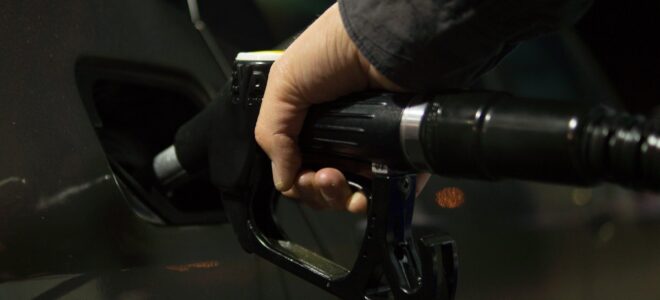Many people are looking for strategies to reduce their gas expenditures. However, this is not possible for everyone, particularly those who use more oversized vehicles for work.
Smaller automobiles often use less gas than trucks and SUVs. Some motorists choose to travel less frequently throughout the week to conserve money. Overfilling your car’s gas tank, on the other hand, is the wrong choice. To get the most out of your gas, what can you do to prolong its shelf life? Let us find out together!
Identifying Old/Bad Gas
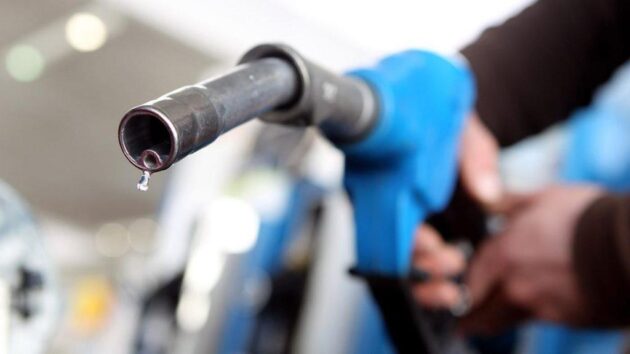
Source: carfromjapan.com
The chemical characteristics of gas alter over time. Regular gas has a three to six-month shelf life before it starts degrading. Consequently, the engine is unable to use the gas properly.
It is possible to tell whether the gas in your car has gone wrong by looking for these signs. Your “check engine” light is the simplest. If the automobile is running and the engine is lubricated, this light is probably activated by insufficiently burned gasoline. Get a mechanic or dealership to look at the matter.
If the car has operating issues, another telltale sign is that the gas is faulty. All possible outcomes are starting problems, hesitation during ignition, a rough idle, and loss of power while driving.
The appearance and smell of gas can also provide clues about its condition. The color of the harmful gas will be darker or muddier. It will also have an unpleasant odor associated with regular gas. Depending on your perspective, some people can even say that the gas has an off-odor.
The lousy gas of a tank must be disposed of. It can cause internal engine damage and generate sticky residue that clogs the fuel line. So it is not only about the affected vehicle’s performance, but Ethanol-laced gas can also suck in water vapor, damaging the tank and fuel system. If you are unsure of the disposing procedure, you can get expert advice from insightful sites like the mechanicbase.com on how to dispose of gas. You can also get other tips regarding gas and additional information about vehicles.
Gas Degradation Factors
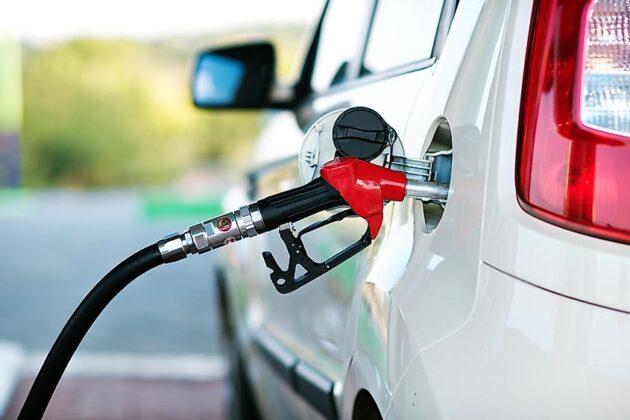
Source: worldatlas.com
Oxidation
Oxygen reacts with hydrocarbons to form new molecules that ultimately alter the fuel’s chemical makeup. A build-up of gum and varnish in the fuel system results from this.
All of these deposits and contaminants can clog up the tiny orifices of a carburetor and the much smaller ones in an injector, as well as gas lines and filters. Getting rid of these stains might be a costly proposition. If you do not remove them, your car may not operate at all or run exceptionally severely.
Water Contamination
Heat cycling can cause condensation to build up in your gas tank and lines. Ethanol alcohol-based fuels like E85 can be more prone to water contamination since ethanol loves to pull moisture from the air around it. Water pollution can be an issue at gas stations with little usage because of a slightly different heat cycle.
Temperature swings are common in subsurface storage tanks. Moisture can build up and pollute the fuel as a result of this. You are also pumping in water when you fill up at a gas station like this. Underground storage tanks at these low-traffic stations can contain other pollutants, such as rust. If you can avoid them, do so.
Internal combustion engines do not respond well to water as a fuel. It will make the beginning difficult and create sluggish performance until removed. Internal corrosion of the gas lines and tanks might potentially result from it.
When the scale and minute particles build up, it can be an absolute headache, needing the gas lines and tank replaced at a high financial cost. To limit the risk of water contamination, you should maintain your car’s gas tank as near to completion as possible, mainly if the vehicle will be kept idle for a long time.
How to Keep Gas Fresh?
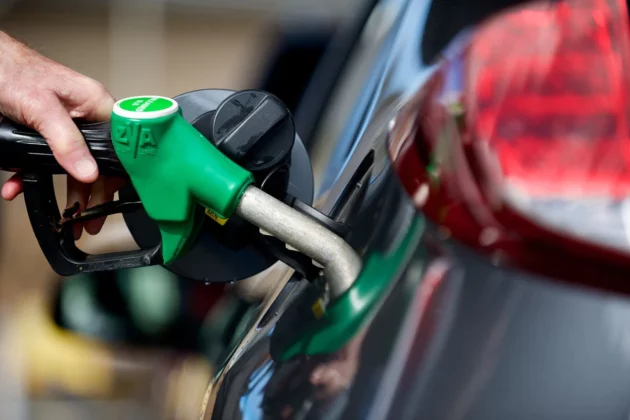
Source: guernseypress.com
There are a few methods to keep your gas fresh. You must first take the time to pay attention when driving. If you go a few miles a week, you will maintain the gas fresh and prevent it from becoming stagnant. It will also need that you buy new gas every few months.
Keep your tank filled up when you fill it to prevent gas degradation. This will reduce the amount of moisture in the tank, leading to water pollution and eventually corroding. A full tank also reduces the quantity of oxygen in the tank, reducing the likelihood of the gas evaporating.
In addition, you might try a fuel stabilizer, which is an additive that prevents gas from decomposition. To extend its life, it is added to a full gas tank. Many individuals opt to drive less due to this, so it is a viable alternative.
It is also important to note that if you plan on storing any surplus gas, you should keep it in an airtight container in a low-oxygen, chilly, and dry environment. The maximum capacity of the containers used should be between three and five gallons.
What are the Dangers of using Old/Bad Gas?
However, the explosive and volatile components in old gas are lost. Thus, it is not necessarily polluted. Internal engine components might be damaged while using outdated fuel. Blockages may arise due to the gum residue that forms over time. Ethanol can attract water vapor into your fuel line, resulting in internal corrosion if it is present in the gas.
How to Store Gas Properly?
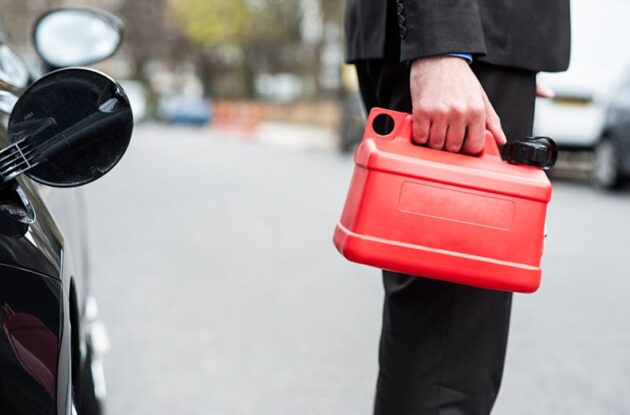
Source: rac.co.uk
Keeping gas in an airtight container is essential. Label the date of purchase and storage wherever possible. Ensure that gas is kept in a low-oxygen atmosphere. If your gas tanks are exposed to extreme temperatures and humidity, your gas might explode.
Increasing the flammability and risk of a fire or explosion might be an issue. Because of this, it is not suggested to keep more than five gallons of gas in a single container.
Using a gas stabilizer is the most convenient and practical approach to maintain the potency of a full tank in a vehicle, machine, or piece of equipment that has been idle for an extended length of time.
Conclusion
Always keep your tank as complete as possible to avoid water condensation. Do not leave the tank half-full if you know you will be putting your vehicle away for the winter. Do not overfill your tank to prevent harming the tank’s vapor recovery mechanism. Clean your gas tanks when necessary. Good Luck!
